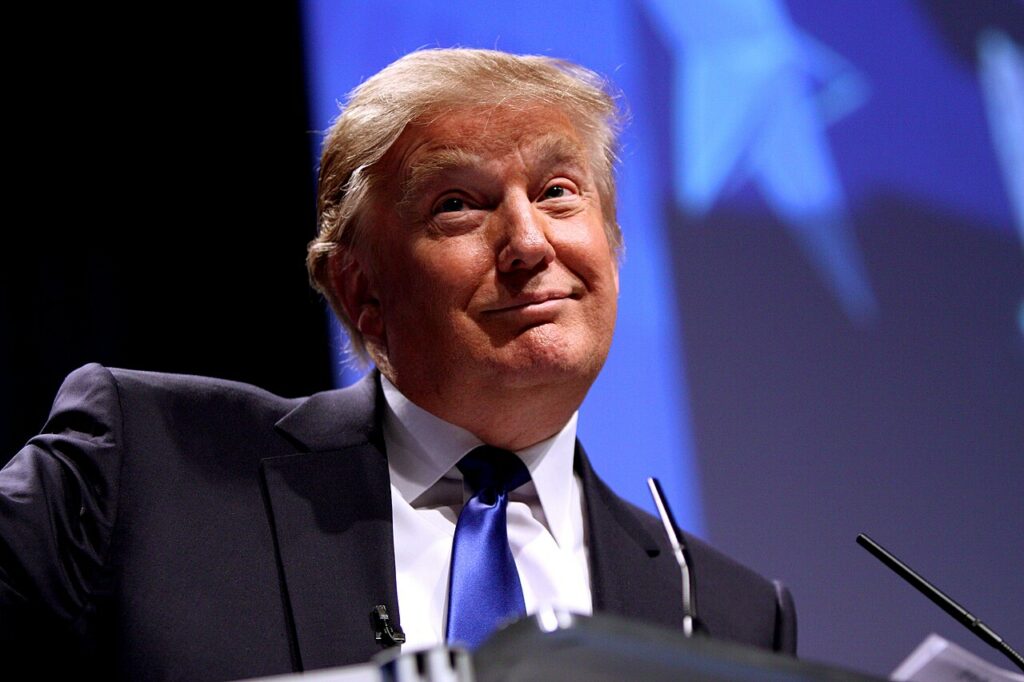
(Rightallegiance.com) – In a bold move to resolve the three-year conflict between Russia and Ukraine, President Donald Trump has announced a comprehensive peace plan aimed at bringing lasting stability to the region. This initiative has elicited a spectrum of reactions from international leaders and stakeholders.
The war in Ukraine, ignited in February 2022, has resulted in significant casualties and displacement. The conflict has drawn in various international actors, with the United States playing a pivotal role in supporting Ukraine’s sovereignty and territorial integrity.
President Trump has consistently advocated for a reevaluation of U.S. foreign policy, emphasizing a reduction in direct military involvement and a focus on diplomatic solutions. In February 2025, he engaged in a landmark phone conversation with Russian President Vladimir Putin, marking the first direct dialogue between the leaders since the conflict’s inception. The discussion, lasting approximately 90 minutes, centered on initiating peace negotiations and addressing the underlying causes of the war.
Subsequently, Trump proposed a ceasefire targeting energy and infrastructure sectors, expressing optimism about achieving a comprehensive end to hostilities. However, Russia’s response has been cautious, agreeing to limited ceasefires while expressing reservations about broader peace proposals. Deputy Foreign Minister Sergei Ryabkov indicated that the U.S. peace plan was unacceptable in its current form, highlighting the complexities involved in reaching a consensus.
European leaders have voiced concerns over the peace initiative’s trajectory. At a NATO meeting on April 4, 2025, foreign ministers accused Russia of hindering U.S. efforts to establish peace in Ukraine. They criticized Russia’s rejection of a proposed 30-day ceasefire and expressed skepticism about Moscow’s commitment to genuine peace negotiations. French Minister Jean-Noël Barrot and UK’s David Lammy emphasized the need for a clear timeline to achieve a ceasefire, reflecting broader European apprehensions about the conflict’s prolongation.
The international community’s involvement has been multifaceted. Chinese Foreign Minister Wang Yi’s visit to Moscow underscored China’s role as a diplomatic actor, advocating for dialogue and negotiations to resolve the crisis. This visit occurred in the context of ongoing discussions between Russia and Ukraine regarding Trump’s peace proposal, highlighting the geopolitical intricacies surrounding the conflict.
President Trump’s approach has faced both domestic and international scrutiny. His threat to impose secondary tariffs on countries purchasing Russian oil if peace efforts stall has raised concerns about potential economic repercussions and the efficacy of such measures. Critics argue that while the intent is to pressure Russia, the strategy risks unintended consequences, including global economic strain.
As diplomatic efforts continue, the feasibility of Trump’s peace plan remains uncertain. The complexities of the Ukraine conflict, involving territorial disputes, national sovereignty, and international alliances, require careful navigation. The international community’s role, particularly that of European nations and global powers like China, will be crucial in supporting a sustainable and just resolution.
President Trump’s initiative to end the Ukraine conflict represents a significant shift in U.S. foreign policy, emphasizing direct engagement and economic leverage. However, the mixed reactions from global leaders highlight the challenges inherent in brokering peace in such a volatile geopolitical landscape. Continued diplomatic efforts, collaboration with international partners, and careful consideration of the region’s complexities will be essential in moving toward a lasting peace.